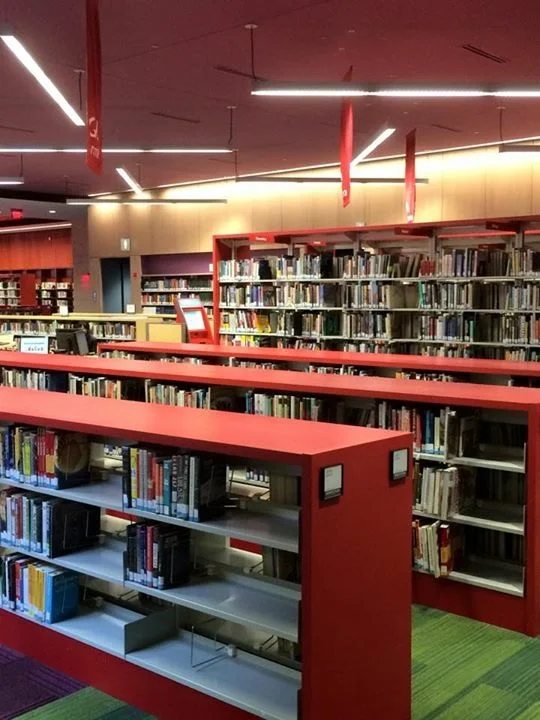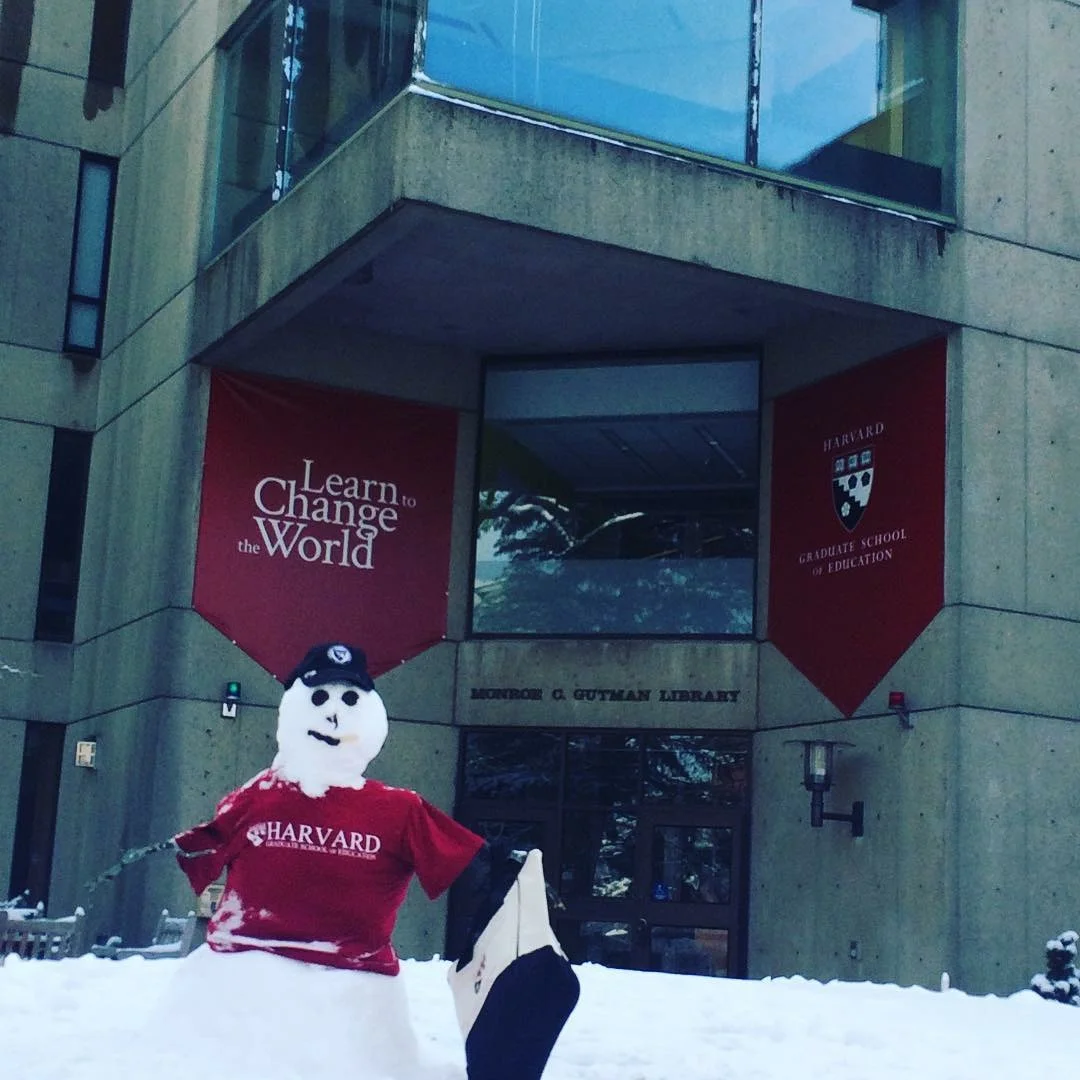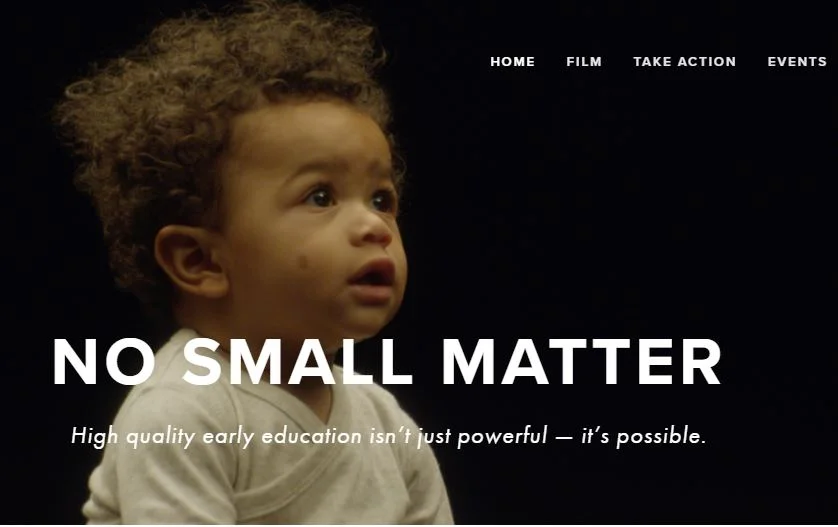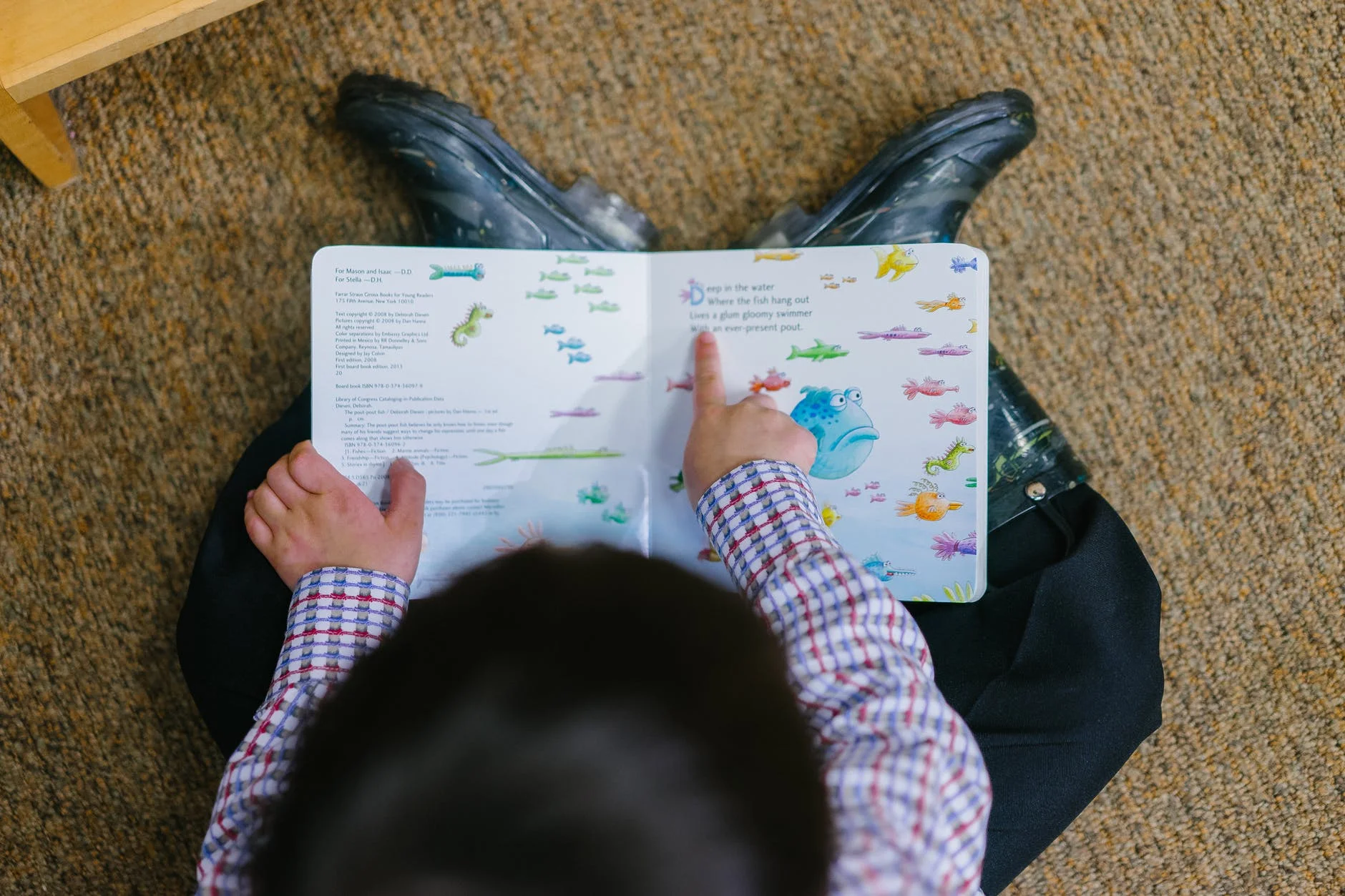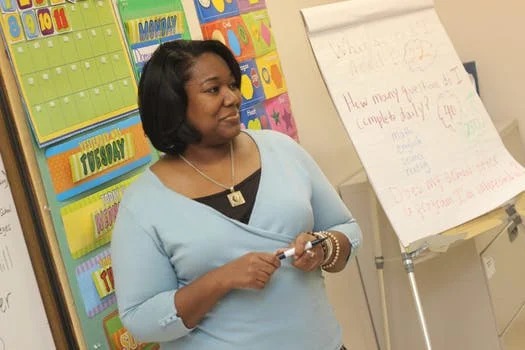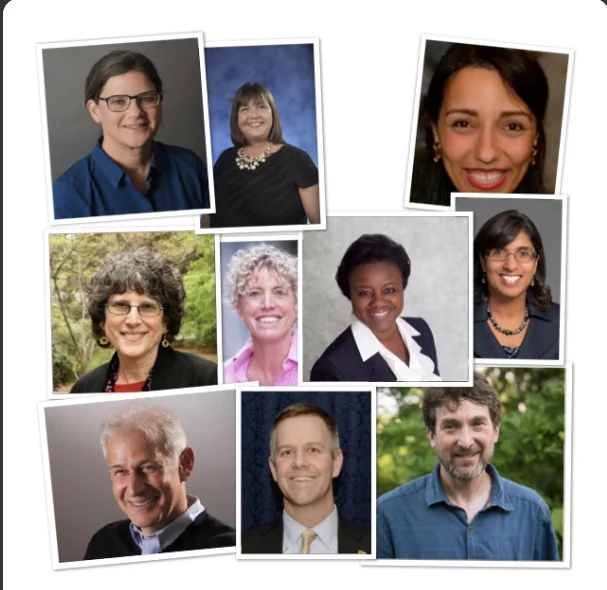Well Funded Public Libraries Are Crucial To Early Childhood Education and Care
This past month, I’ve checked out 30 Mo Willems books from the library along with 10 picture books about space. These are books that I will be using as part of my Pre-K classrooms curriculum the next few weeks. When I return them, I will end up getting a bunch of books from Jane Yolen’s “How Do Dinosaurs…” series. If it was not for public libraries, (the 2 I frequent are The Watertown Public Library and Boston Public Library) I would not be able to do my job well. My school has a library closet with a few hundred books, but over the course of the year, I hope to read and expose my students to 1000s of books. Exposing children to a large variety of fiction and nonfiction as well as a multitude of authors is key to helping children build the vocabulary and background knowledge they will need to have strong reading comprehension skills. Buying that many books would not be financially feasible for the early education center I work at (or most centers), so the only way I can make sure there is an ever changing variety of quality books in my classroom is by getting books at the library. I have also found librarians to be a valuable resource helping me find books and steering me to titles and authors I might not have know before. In addition, going on a classroom field trip to the library where the children pick out which books they want for the classroom has proven to be a great way to get children excited about reading.
However, it is not just early educators who rely on libraries. Parents, Nannies, and other caregivers rely on the library to give young children a quality education. As mentioned before, books are expensive so free public libraries allow parents to exposure their children to a variety of books and librarians help parents find quality titles. Moreover, libraries often have programming such as story time hours, music hours, group gatherings, and other events where children get educative experiences and young children and their families can meet up and create community bonds. Libraries often also provide multi-generational services that help families with everything from getting citizenship, learning English, getting taxes done, informational nights and lectures, movie nights, and more which support families and thus also support young children.
Libraries can not provide all these services to the families and teachers of young children unless they are well staffed and well funded. Therefore, whenever we advocate for early childhood education, we must also advocate for our local libraries to remain open and well funded.
